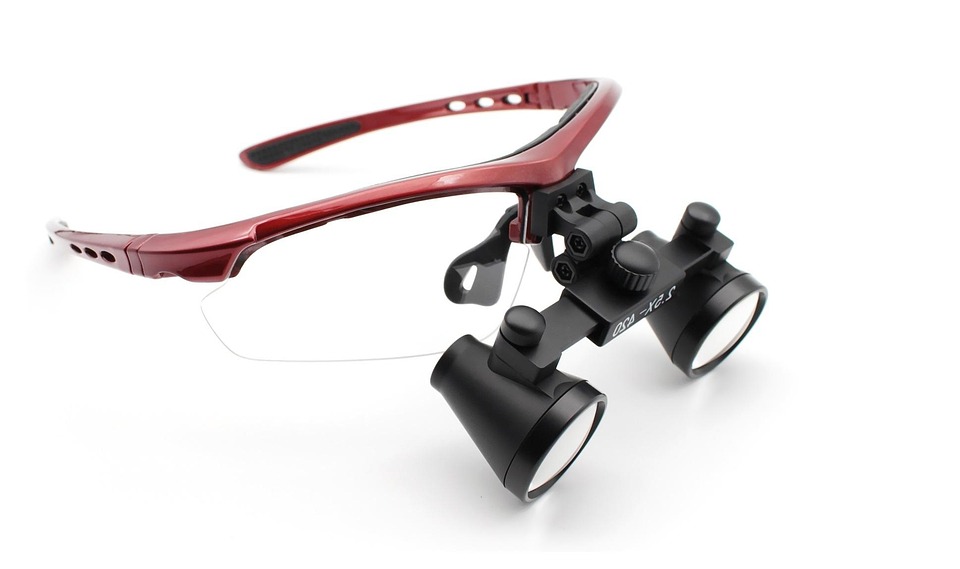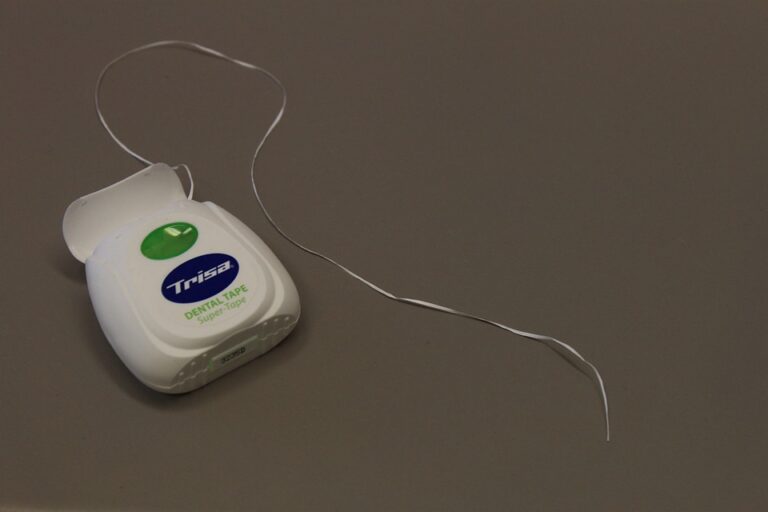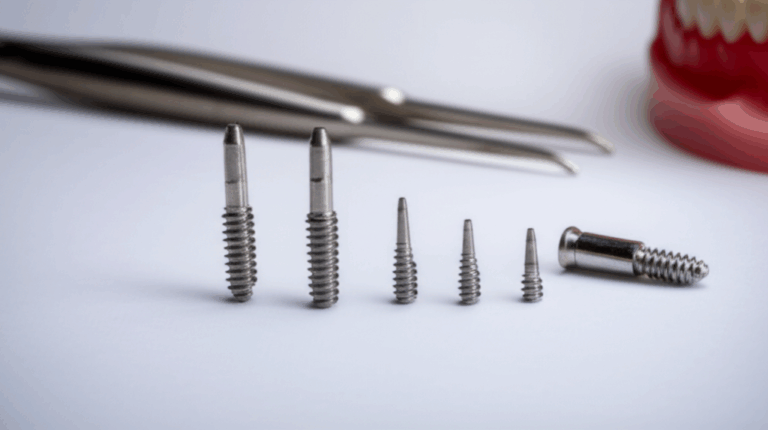
How Much Is A Dental Implant For One Tooth
Curious what it really costs to get a single dental implant? You’re not the only one! In this post, I’ll explain what you need to know—costs, what changes the price, and how to choose what’s best for your teeth and your budget. If you’re missing a tooth and want it fixed, this article will make things clearer and help you dodge nasty surprises at the dentist. Grab a drink, and let’s start!
Article Outline
- What Is a Dental Implant for One Tooth?
- Why Do Dental Implants Cost So Much?
- How Much Is a Dental Implant for One Tooth, Really?
- What Affects the Price of Your Dental Implant?
- Does Insurance Cover Dental Implants?
- Are There Cheaper Alternatives to Dental Implants?
- How Does a Dental Implant Compare to a Bridge?
- Can You Save Money with an Overseas or china dental lab?
- What About Zirconia, Emax, or 3D Dental Labs—Do Materials Matter?
- Is a Dental Implant Worth the Money?
- Summary: Key Takeaways
What Is a Dental Implant for One Tooth?
You’ve probably heard people talk about dental implants. But what is a dental implant for one tooth, exactly? Think of it like a fake tooth that has fake roots. First, your dentist puts a small, screw-like piece into your jawbone. Then, after it heals a bit, a crown (which is a fake tooth) is put on top.
The first time I saw a dental implant in real life, I thought it looked like something from a science fiction film! But honestly, it’s changed the lives of so many people who lost a tooth from an accident or tooth rot. It looks, feels, and works like a real tooth. You can eat hard apples or laugh without covering your mouth.
If you’re missing just one tooth, a dental implant fills that space for good. It’s stronger than a bridge or denture because it stands by itself, not needing support from other teeth.
Why Do Dental Implants Cost So Much?
Now, let’s talk about the big thing—money. Why are dental implants pricey? I wondered the same thing when I saw my friend’s first bill—almost spit out my coffee!
First, getting a dental implant is not just about putting in a fake tooth. It’s a whole process. Dentists have to take special pictures, plan the surgery, use fancy supplies, and sometimes do extra jobs like add bone. Every step needs skill, time, and some very pricey tools. Plus, the metal post and crown are made in special labs, not stores.
Then, think about skill. Not every dentist can put in an implant. It takes many years to learn. If they mess it up, it’s a big problem. When you pay for an implant, you’re really paying for the dentist’s experience, training, and for peace of mind.
How Much Is a Dental Implant for One Tooth, Really?
Okay, let’s talk numbers. In the U.S., a dental implant for one tooth usually costs $3,000 to $5,000. That pays for the implant, the crown, and the visits. Some places are a bit cheaper, others cost even more.
For instance, in my own city, some quotes were $2,500 at a basic office, but went up to $6,000 at a fancy dental office with things like massage chairs! What’s included matters, too—some places include bone work, others charge more for it.
The price can be a shock. But when you look deeper, most of that money pays so your new tooth lasts a long time. The implant is an investment that saves you from future trouble—and more spending—if you got a bridge or denture instead.
What Affects the Price of Your Dental Implant?
Let’s say you ask around at different dental offices. Why does the cost change so much from place to place, even in one city? Here’s why:
First, where you live matters a lot. A dentist in New York City charges a lot more than one in Kentucky. Things like office rent, workers, and city taxes sneak into your bill.
Second, the shape your mouth is in makes a big difference. Need bone added? That’s another $500 to $3,000. If a tooth needs to be pulled first, add a few hundred more. The more work you need done before the implant, the higher the bill.
The lab the dentist uses changes the price, too. Some dentists use labs with strong, fancy tooth materials like zirconia or emax, while others use more basic stuff. Better materials mean a bigger bill, but also a longer-lasting and better-looking tooth.
Does Insurance Cover Dental Implants?
This can be a headache for lots of people. Sadly, many dental insurance plans call implants “just for looks” and won’t pay anything. Ouch!
But don’t give up. Some newer plans will cover a part of the crown or pulling a tooth. If your implant is needed after an accident, sometimes health insurance helps out. Always call your plan and ask, “Do you cover dental implants for one tooth?” Every plan is different.
If your plan won’t help, ask your dentist about payment plans. Some places let you pay over time, sometimes with little or no extra costs. That makes the big bill easier to pay off.
Are There Cheaper Alternatives to Dental Implants?
Worried about the price? You’re not alone. Many people, including me, look for cheaper ways to fill the gap.
You could get a bridge. It costs less at first, around $1,500–$3,000. But to do it, the dentist has to file down the teeth next to the missing one, which can make them weaker. You might have to pay for a new bridge in about 10 years.
Dentures are another way. A single partial denture is even cheaper, maybe $500–$1,500, but it pops out at night and some people say it feels loose or is not comfy after a while.
So yes, other choices are out there. But they don’t last as long, or feel as real, as a dental implant. Simple as that.
How Does a Dental Implant Compare to a Bridge?
So, is an implant better than a bridge? Here’s what I found out by talking to people and using both myself.
A dental implant stands alone. It doesn’t count on the teeth next to it, so they stay healthy and whole. You brush and floss it just like your real teeth. It can take the bite of eating, too! An implant can last 25 years or even more.
A bridge is quicker and costs less upfront. But the teeth that hold it up—they’re called “abutments”—take on a lot of work. Over years, those teeth sometimes get weak or need fixing themselves. You might end up paying more over time.
If you want something strong and that looks like your real tooth, try to save up for an implant.
Can You Save Money with an Overseas or China Dental Lab?
Heard about “dental tourism” or seen signs for cheap implants from a China dental lab? It can sound good. Dental implants in China or some other places can be half the price.
But think about quality. Some overseas labs, especially the best 3D dental labs or zirconia labs, do really good work. Some well-known U.S. labs even send work to China to keep prices down.
Still, if the crown doesn’t fit well, fixing it from far away is a pain. Always check reviews, ask questions, and see what kind of guarantee you get. Sometimes saving now means spending more later. Pick a lab or office with good reviews and trust.
What About Zirconia, Emax, or 3D Dental Labs—Do Materials Matter?
Crowns for implants today can be made from all sorts of things. Zirconia is super strong but looks like a real tooth. Emax is another favorite—it’s shiny and great for front teeth since it looks so real.
Many dentists use a zirconia lab or emax dental lab for the best results. Also, there are new 3D dental labs, using high-tech printers to make your crown fit better and quicker.
The bottom line: Good materials mean your new tooth is strong, and it won’t stand out as fake. Ask your dentist which lab they use and why. It’s your smile, after all!
Is a Dental Implant Worth the Money?
Still unsure if you should spend the money on an implant? Here’s what convinced me and many others.
Dental implants usually pay off over time. You can eat like normal—no worrying about teeth falling out at dinner. You don’t have to worry about teeth next to the gap going bad. With good care, your implant could last the rest of your life.
Yes, it’s a lot of money. But think of it like fixing up your kitchen: If it’s done well, it lasts and makes your days better. If taking care of your mouth is important, an implant is the best way to go.
Summary: Key Takeaways
- A dental implant for one tooth usually costs $3,000–$5,000, though the price can change.
- Costs depend on where you live, what your mouth needs, and the supplies or lab your dentist uses.
- Insurance often doesn’t pay for it all, so ask about payment help or ways to pay in small amounts.
- Cheaper choices (bridges, dentures) exist, but they don’t last as long or feel as normal.
- Better materials like zirconia and emax, or crowns from a new 3d dental lab, cost more—but last longer and look better.
- Overseas labs, like a trusted China dental lab, can sometimes save you money—but always check quality and service first.
- A dental implant is a big step for your health, comfort, and confidence.
Have questions? Thinking about doing it? Talk to your dentist and get a couple quotes. Don’t let sticker shock make you give up on a great smile for life.








